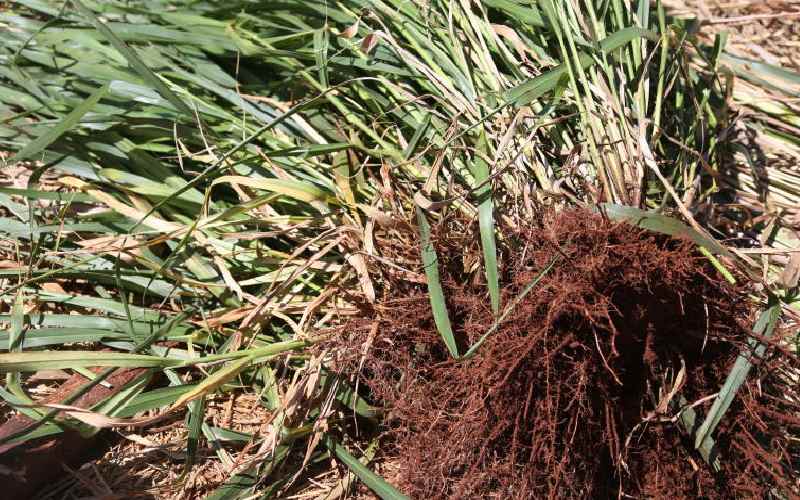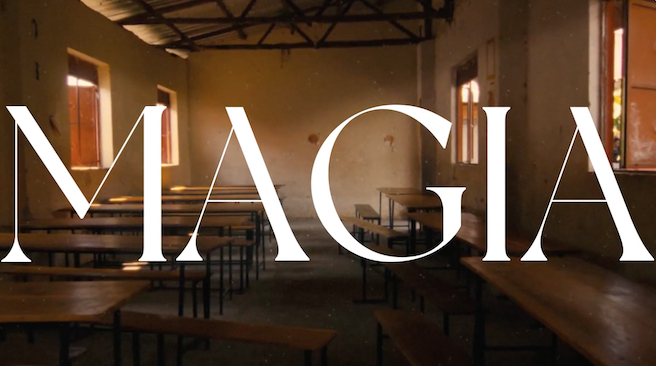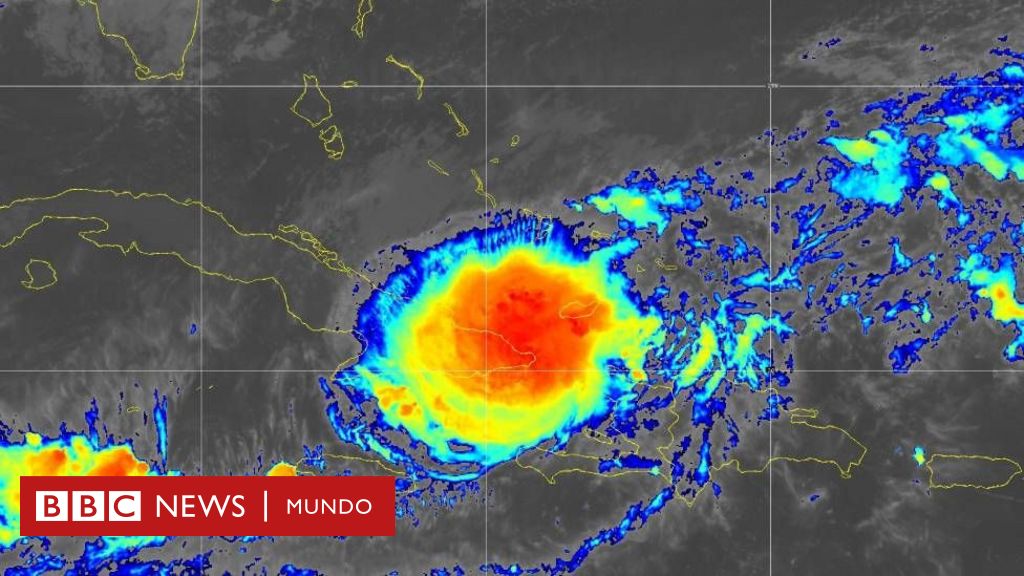Over a million farmers speak at COP26

A sample of napier grass seedlings at Kihara farm in Teto, Nyeri. [Kibata Kihu, Standard]
More than 1.8 million farmers and workers around the world have asked the 2021 UN Climate Change Conference, COP26, to fulfill the promises of previous meetings.
The largest climate conference takes place in Glasgow, Scotland, starting on October 31 and ending on November 12, 2021.
The farmers, under Fairtrade, an organization that campaigns for better terms of trade for workers and farmers, say it’s time to act.
Through a petition called Be Fair to Your Climate Promise, farmers asked stakeholders through a signed letter to honor promises and proposals made at previous conferences and maintain high conservation standards.
Fairtrade has embarked on a passionate media campaign aimed at reaching governments, parliaments, farmers, the general public, world leaders, manufacturers, business partners and all stakeholders in the environment.
These are the groups that have not kept the promises they made in the past 26 years since the start of the United Nations climate change conferences. The proposals have not been implemented or applied in everyday livelihoods.
Dear world leaders, we write on behalf of the 1.8 million farmers and fair trade workers in agriculture around the world. We grow the food we eat on people’s tables all over the world. But our ability to do so has been severely damaged by reckless damage to our environment from years of false promises regarding the climate crisis,” the farmers said.
They said stakeholders had promised to cut emissions, which led to severe weather, but nothing concrete happened.
He promised climate funds to help us keep growing food despite the changing weather. But nothing comes to us. You promised to change the business from freelance to partner. They say taxpayers earn billions, while millions of farmers earn less than a dollar a day.
As a result, crops have been severely damaged in recent months by bad weather, including devastating floods in Uganda and Nigeria, droughts in Madagascar, and locust invasions across the African continent.
This year, Africa had its hottest January and June on record, which they say is hurting its ability to grow the food the world needs.
“Because our livelihoods are tied to our agricultural products, poverty is again increasing among us. But the impact is deeper. They noted that the damage to our land and water is increasing competition for resources, and African farmers and workers are facing increasing social and economic pressures.”
They added that the disproportionate harm falls on women in farming families, who are often the lowest paid and work in the most difficult conditions. The youths, as they saw, did not want to remain in cultivation under these conditions, and no one should blame them. This portends a danger to food security because no one will grow the world’s food if a new generation does not see farming as anything other than a poverty trap.
They also want financial support to plant trees. Trees are already being planted to protect crops from the sun, such as cocoa in Ghana and tea from floods in Kenya.

“Award-winning zombie scholar. Music practitioner. Food expert. Troublemaker.”






:quality(75)/arc-anglerfish-arc2-prod-elcomercio.s3.amazonaws.com/public/ZQSWD7LR5BAWRKBOTV6M6QJ3CA.jpg)


